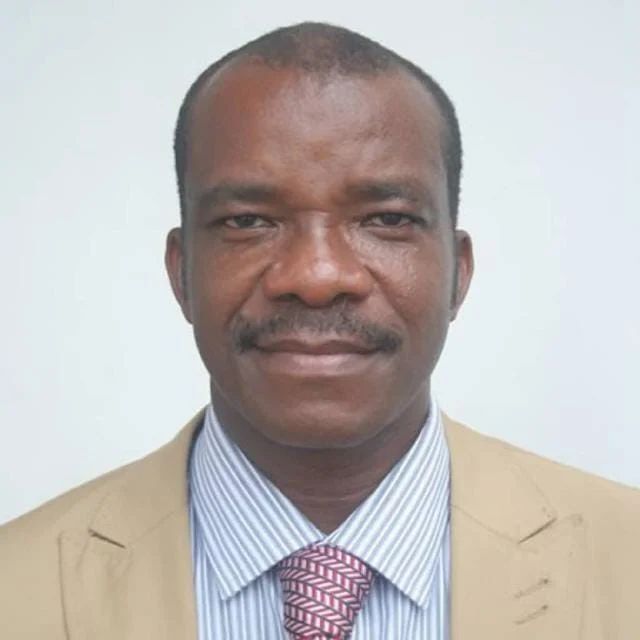
Prof Ernest Orji
Medical experts have attributed Nigeria’s staggering 34 per cent share of global maternal deaths to poverty, poor health infrastructure, inadequate funding, and systemic failures in healthcare delivery.
Gynaecologists and maternal health specialists, who spoke during a recent forum, expressed concern that thousands of Nigerian women continue to die from preventable pregnancy and childbirth complications—many of which have been effectively tackled in other parts of the world.
According to the World Health Organisation (WHO), Nigeria currently bears the highest global burden of maternal mortality, with over one-third of all maternal deaths recorded worldwide occurring in the country.
A Professor of Obstetrics and Gynaecology at Obafemi Awolowo University (OAU), Ile-Ife, Prof. Ernest Orji, described poverty as the root cause of the crisis, noting that it fuels ignorance, poor nutrition, delayed access to care, and lack of life-saving services for pregnant women.
“Women are dying because they are poor, uneducated, and unaware of the dangers of pregnancy,” Orji said.
“Even when they are aware, they cannot afford care, transportation to health centres, or the basic nutrition required for healthy pregnancies.”
He explained that maternal complications such as haemorrhage, eclampsia, and sepsis continue to claim lives, not because there are no health workers, but because critical resources such as blood, drugs, and equipment are either unavailable or unaffordable.
The professor also faulted what he described as “tokenistic” free maternal care policies announced by politicians, arguing that such services are rarely functional at the point of care due to poor funding and implementation gaps.
“We talk about free maternal services, but most of these are political slogans, not practical realities,” he said.
Prof. Orji further cited the “three delays”—delay in seeking care, delay in reaching care, and delay in receiving care—as primary factors responsible for maternal deaths.
He said: “Some women delay going to hospitals due to lack of money or cultural beliefs. When they eventually go, hospitals lack the power, water, and supplies to provide immediate care. These delays are killing our women.”
To reverse the trend, the gynaecologist called for government-funded, completely free maternal services, family planning availability, and monthly maternal death audits to track progress and accountability.
“Until maternity services are free, well-funded, equipped, and accessible, we will continue to lose mothers. Family planning must also be accessible and widely adopted to reduce unplanned pregnancies,” he added.
Also speaking, Professor Kayode Ajenifuja, a gynaecologic oncologist at the Obafemi Awolowo University Teaching Hospitals Complex (OAUTHC), said maternal death figures in Nigeria only reveal a fraction of the broader crisis.
“For every woman that dies, there are thousands more who suffer long-term complications, including infertility and psychological trauma,” he said.
He lamented the breakdown of the country’s healthcare referral system, where patients bypass dysfunctional primary and secondary healthcare centres and flood already-overburdened tertiary hospitals.
“General hospitals are no longer functional, and many primary care centres are broken. The result is that women bring emergencies directly to teaching hospitals,” he said.

Prof. Kayode Ajenifuja
Prof. Ajenifuja warned that the brain drain in the health sector has further compounded the crisis, leaving many facilities short of skilled personnel to handle maternal emergencies.
“We don’t have emergency ambulance services. Many facilities lack basic equipment. And sometimes, the negative attitude of health workers drives women away,” he said.
He stressed the far-reaching economic and social implications of maternal deaths, pointing out that when mothers die, children are left vulnerable, families destabilise, and the country’s long-term development is undermined.
“When mothers die, the cost is generational. We lose human capital, and the nation bears the burden in the form of social instability and lost productivity,” he said.
The experts called for a coordinated, well-funded health system that links federal, state, and local governments, as well as consistent political will to implement maternal health reforms.
They maintained that maternal deaths in Nigeria are largely preventable, and that failure to act decisively would continue to cost the nation lives and resources.